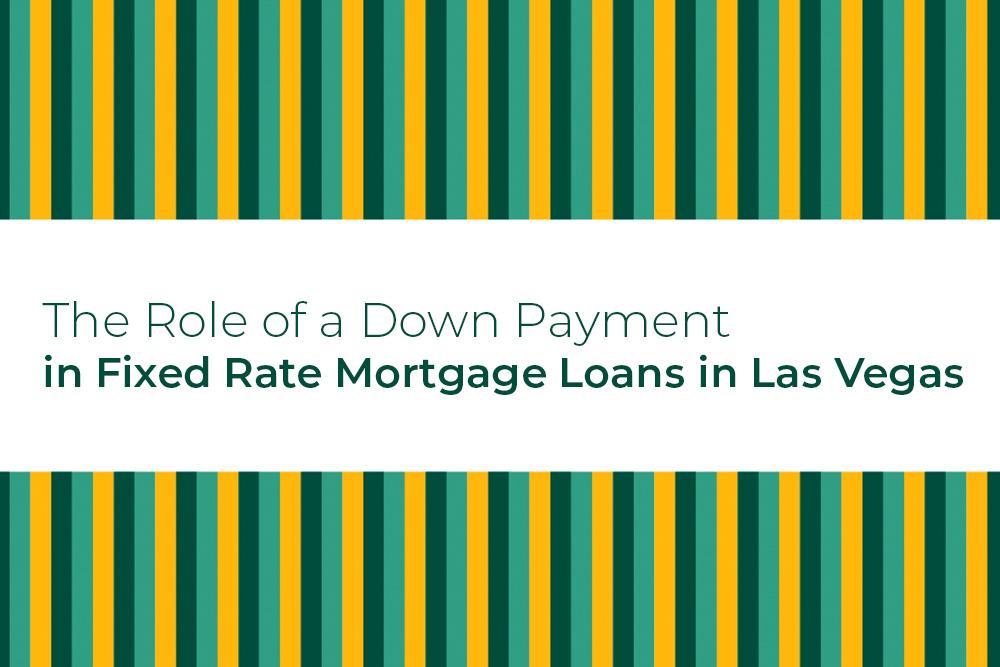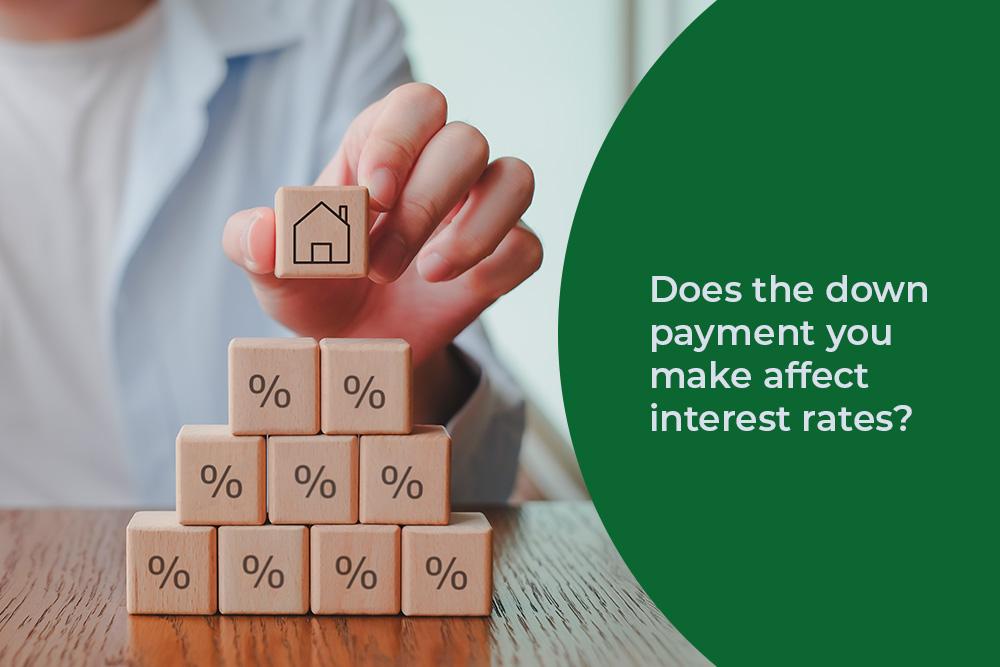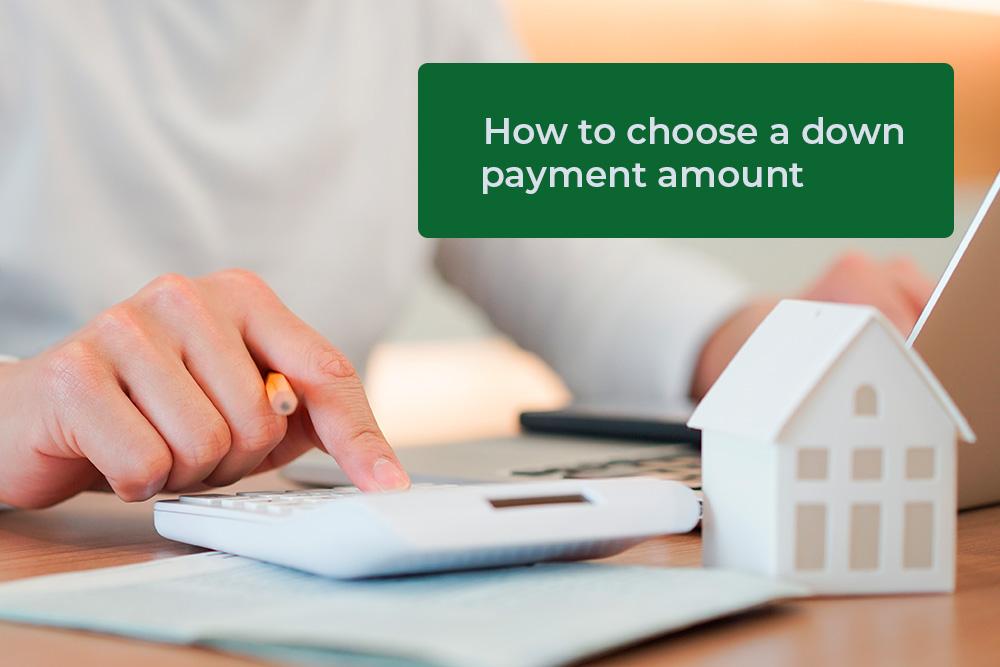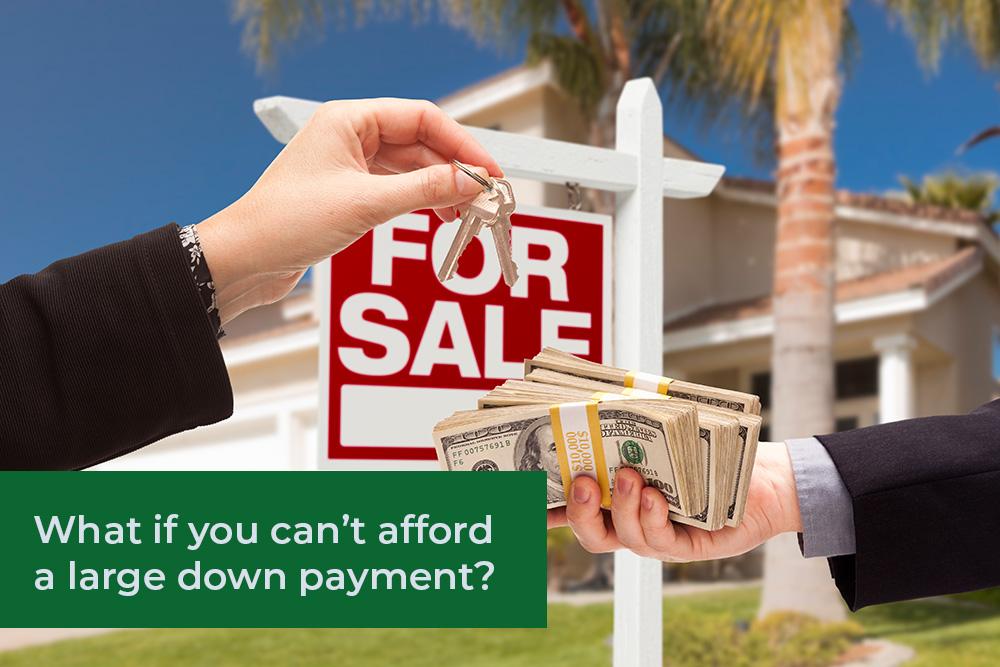The Role of a Down Payment in Fixed Rate Mortgage Loans in Las Vegas

Buying a home in Las Vegas is an exciting life step! But along with finding your dream home comes figuring out how to pay for it. A fixed-rate mortgage is a popular option. Although the mortgage is paid off over time, you’ll also need to make an initial down payment. A mortgage lender can help you determine the right down payment for your home.
What is a down payment?
A down payment is the cash that you’ll first need to put down when you are buying a home. The down payment secures the home purchase and is the first step in paying off mortgages in Las Vegas. But how much do you actually need to put down for your down payment, and why is one necessary in the first place?
For those buying a primary residence, mortgage lenders in Las Vegas generally recommend a down payment of 20 percent to 30 percent of the home’s price. A 20 percent down payment is standard for mortgages in Las Vegas. Depending on your kind of mortgage, you can even make a down payment of as little as three percent. However, if you make a smaller down payment, you may get hit with mortgage insurance, which can increase the amount of money you pay each month.
The amount of cash you owe for a down payment depends on the kind of mortgage you get. Still, it can also vary based on other factors, such as your personal financial situation and if you qualify for any special categories. The type of property that you are purchasing (residential or investment) can also determine the down payment requirements. While there are some factors that influence mortgage payment rates, others do not. The condition of the home, for instance, is one factor that won’t affect your down payment. While a mortgage company in Las Vegas may determine your down payment rate, at least in part depending on whether the home is a primary or investment home, the type of structure of the home does not change the down payment.
Does the down payment you make affect interest rates?

Some people think that down payments and interest rates are independent of one another. However, the opposite is true! The down payment you make directly affects the interest rate on your loan. If you make a larger down payment, you will need to pay less for your interest rate later. In the eyes of a lender, you are less of a risk financially if you make a larger down payment. As a reward, the lender will offer you a lower interest rate for a higher down payment. If you can afford a down payment at or beyond what is required, you will likely benefit from financial savings later on. Over the course of the loan’s lifetime, you will end up spending much less money on interest. Those savings, which may initially sound small, can add up. Conversely, if you end up spending less on a down payment initially, you may end up with higher interest rates that increase your monthly payments and don’t translate to much savings, if any at all, down the road.
What does “down payment” mean in real life?
To help, here are some real-life examples to help you further understand what you may ultimately be paying as a homeowner. An easy example is a home that costs $300,000. If you make a 10 percent down payment on that home, you will pay $30,000 for the down payment. However, most down payments have a 20 percent requirement, which is $60,000. This figure is standard for most 30-year loans. Once you make that down payment, you will deduct the rest of the home that you have left to pay off. If you make a 10 percent down payment, you will be left with a final balance of $270,000. If you make a 20 percent down payment, you will be left with a final payment of $240,000. The payment you have left is over a period of 360 months if you take out a 30-month fixed-rate mortgage.
That number is independent of any other expenses you may need to pay on the home, including insurance, taxes, and interest. If you make a conservative 10 percent down payment (if your mortgage lender allows it), your monthly payment is about $750. If you make a 20 percent down payment, on the other hand, you will pay about $667 per month. The ultimate $83 difference between a 10 percent and a 20 percent down payment might not seem like much, but there’s much more to think about than just the down payment amount and associated dollar sign. If you put down 20 percent for your initial down payment, you may save hundreds or thousands of dollars by the time you pay off the mortgage. You may also get a better interest rate, which increases your savings.
How to choose a down payment amount

If your mortgages in Las Vegas have a minimum down payment requirement, you may be tempted to pad that amount. However, you may be better off if you can afford to pay more for a down payment.
Making a larger down payment than is required may lead to lower interest rates. That’s because mortgage lenders in Las Vegas will view you as a lower risk if you can pay more upfront for your home. You may also be able to avoid mortgage insurance, which can also increase your monthly home expenses. If you put down a down payment of less than 20 percent with a conventional loan, you may need to pay private mortgage insurance, which is a fee that you pay to a mortgage company in Las Vegas in exchange for taking out a loan. If you take out a Federal Housing Administration (FHA) loan and can afford a 20 percent down payment, you may be able to cut the time that you have to pay a mortgage insurance rate in half. Making a larger down payment also reduces your debt-to-income (DTI) ratio. The DTI shows how much money you spend each month on reducing debt. A lower DTI means that you have more borrowing power later on. Having a higher DTI may affect your ability to secure credit or other loans. Most lenders consider a DTI of 45 percent or less to be good.
What if you can’t afford a large down payment?

Even if you can’t afford a large down payment, don’t worry! There are still ways that you might be able to reduce the interest you pay on your home. One possibility is that you can make larger loan payments each month to pay down the principal. If your income increases over time, that’s a step you may want to consider.
Making a small down payment
Conversely, if you make the minimum down payment, you can save a lot of money. If you need to spend money later on for repairs or renovations, you may be more comfortable if you initially make a lower down payment.
Figuring out the ideal down payment can be challenging, but an experienced loan officer can help out quite a bit. Contact us today to learn more.









